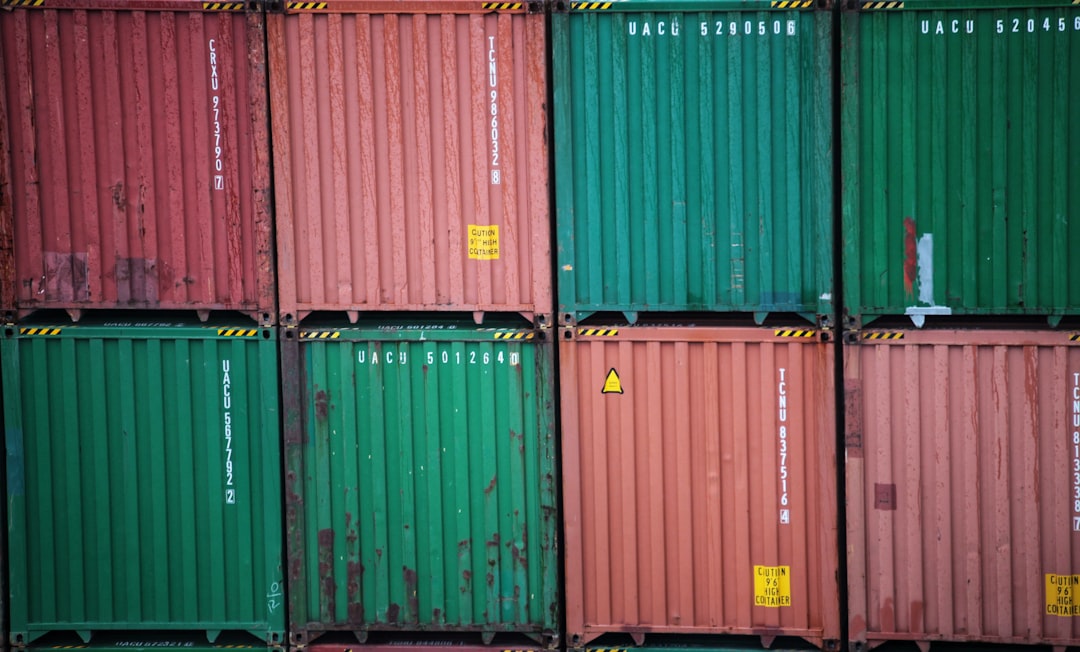international shipping
Introduction
International shipping is an essential aspect of the global economy, enabling businesses and individuals to send and receive goods across borders. Whether you are an e-commerce business owner or an individual looking to ship personal belongings overseas, understanding the ins and outs of international shipping is crucial. In this blog post, we will explore the key considerations, challenges, and benefits associated with international shipping.
Customs and Documentation
One of the most important aspects of international shipping is customs clearance. When shipping goods across borders, customs authorities require specific documentation to ensure compliance with regulations and assess any applicable duties or taxes. It is crucial to provide accurate and complete documentation, including commercial invoices, packing lists, and any required permits or licenses. Failure to comply with customs requirements can result in delays or even the seizure of goods.

Shipping Methods
There are various shipping methods available for international shipments, each with its own advantages and considerations. The most common methods include air freight, sea freight, and express courier services. Air freight is known for its speed and reliability, making it ideal for time-sensitive shipments. Sea freight, on the other hand, is more cost-effective for larger or heavier shipments but may have longer transit times. Express courier services offer a balance between speed and cost, making them a popular choice for small to medium-sized shipments.

Packaging and Labeling
Proper packaging and labeling are crucial to ensure the safe and secure transportation of goods during international shipping. Packaging materials should be durable and able to withstand the rigors of transportation. Fragile items should be appropriately cushioned and marked as such. Additionally, packages must be clearly labeled with the sender's and recipient's details, including addresses and contact information. Accurate labeling helps prevent delivery errors and ensures smooth customs clearance.
Insurance and Tracking
When shipping goods internationally, it is advisable to consider insurance coverage to protect against loss or damage during transit. Many shipping providers offer insurance options that can provide peace of mind and financial protection. Additionally, tracking services allow both the sender and recipient to monitor the progress of the shipment in real-time. This visibility helps manage expectations and allows for proactive communication in case of any unforeseen delays or issues.

Import Duties and Taxes
One of the key considerations in international shipping is the assessment of import duties and taxes. Different countries have varying regulations and tariff structures, which can significantly impact the cost of importing goods. It is essential to research and understand the duty rates and tax implications of the destination country to accurately calculate the total cost of shipping. Additionally, certain goods may be subject to specific restrictions or require additional permits or certifications.

Shipping Documentation
Aside from customs documentation, other shipping-related documents may be required for international shipments. These include bills of lading, certificates of origin, and export licenses, depending on the nature of the goods and the destination country's requirements. It is crucial to familiarize yourself with the necessary documentation to ensure a smooth shipping process and avoid any potential legal or logistical issues.

Shipping Regulations and Compliance
International shipping is subject to various regulations and compliance standards to ensure safety, security, and environmental protection. These regulations may include restrictions on the transportation of hazardous materials, controlled substances, or certain agricultural products. It is essential to be aware of and comply with these regulations to avoid penalties, delays, or even legal consequences. Working with a reputable shipping provider can help navigate these complexities and ensure compliance.

Benefits of International Shipping
Despite the challenges and considerations, international shipping offers numerous benefits. It enables businesses to expand their customer base by reaching global markets, tapping into new opportunities, and increasing revenue potential. For individuals, international shipping allows for relocation, sending gifts to loved ones abroad, or accessing products not available locally. Additionally, international shipping fosters cultural exchange and economic growth by facilitating trade between nations.

Conclusion
International shipping plays a vital role in connecting people and businesses worldwide. By understanding the customs requirements, shipping methods, and documentation involved, you can navigate the complexities of international shipping with confidence. Whether you are a business owner or an individual, international shipping opens up a world of possibilities, enabling you to send and receive goods across borders and expand your reach on a global scale.
